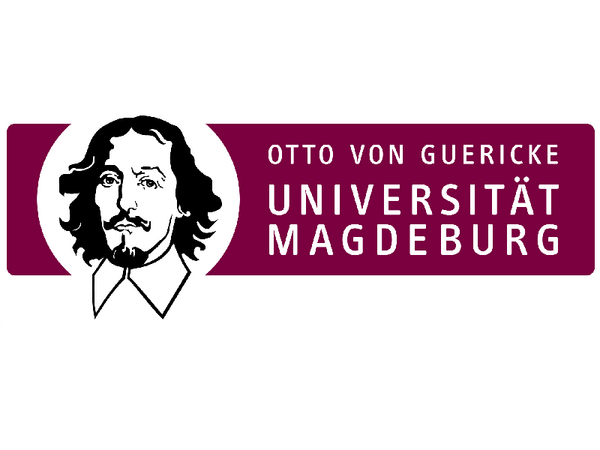This semester, several BA (Philosophy-Neuroscience-Cognition) and
MSc (Integrative Neuroscience) students at the University of Magdeburg will attend Carlos Zednik's seminar on "Cognition as a Natural Kind". This seminar course will explore the relevance of philosophical debates about the meaning of natural kind terms such as "cognitive", "intelligence" and "mental" to current scientific debates about the nature of mind and cognition. The course will apply a philosophy-of-science lens to tackle questions about, among other things: the role of neurobiological mechanisms (as opposed to, e.g., behavioral traits) in individuating cognitive phenomena; the possibility of distinguishing "normal" from "abnormal" cognition in psychiatric practice; and methods of comparing the mechanisms of human, non-human and artificial cognition. Thus, this seminar course addresses a core theme of the GeSiMEx project: whether and how the structure and function of cognitive mechanisms generalizes accross individuals, species, and physical systems, and how this structure and function might be captured through scientific experimentation, modeling, and simulation.
Of course, the special circumstances surrounding the coronavirus pandemic require adjustments from seminar participants and instructors alike. For this reason, a significant portion of the seminar discussions will take place in a collaborative wiki. By breaking up into smaller groups, seminar participants will create and structure the content of the wiki, as well as identify, link, and summarize relevant readings for each one of five focus areas. Eventually, the wiki will show how philosophical debates about natural kindhood can inform scientific practice in neuroscience, psychology, psychiatry, and artificial intelligence. In the long run, the wiki may even be made publically available and become an online resource for philosophical questions about the generalizability of cognitive mechanisms.
Cognition as a Natural Kind
